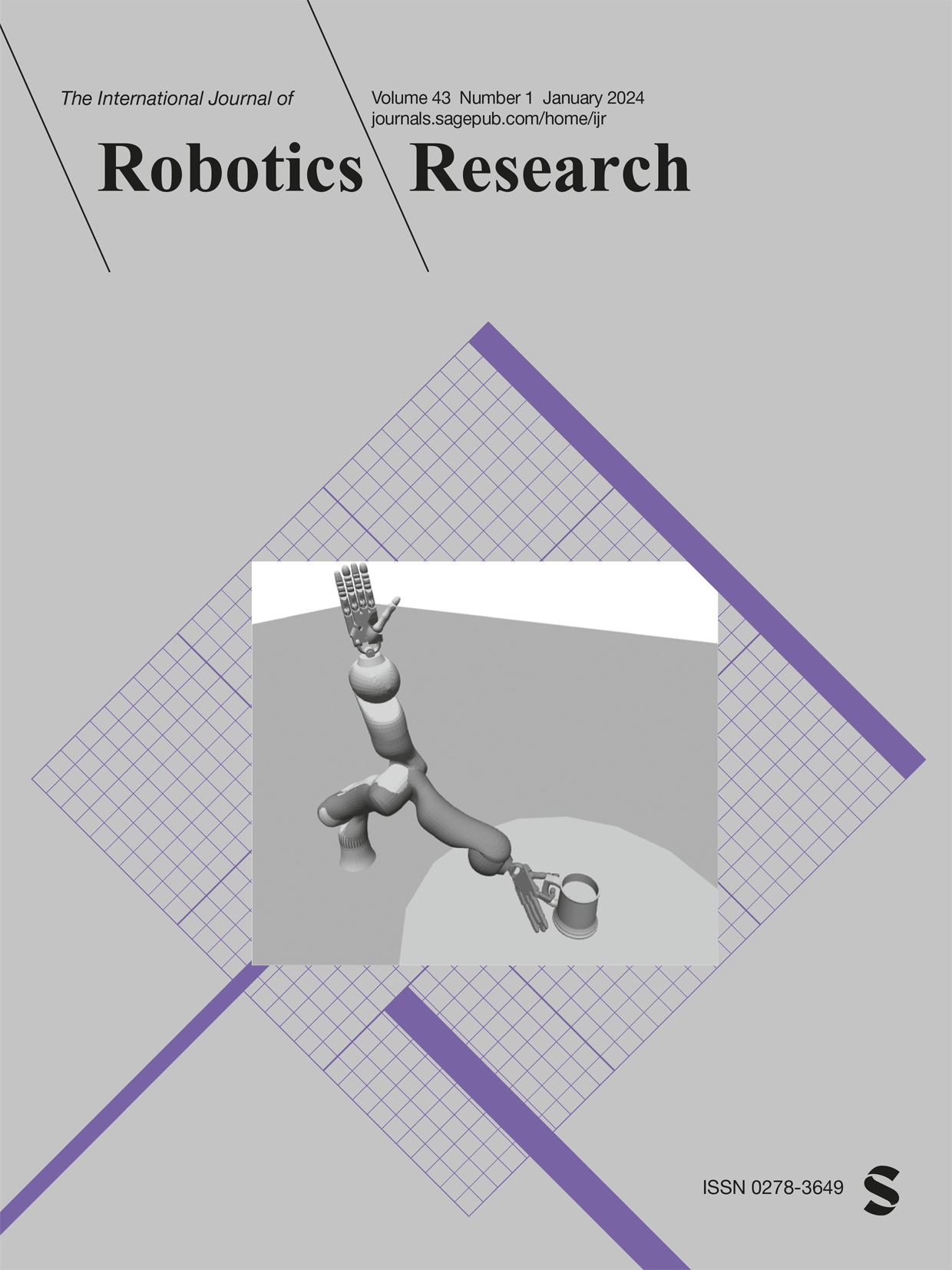ViF-GTAD: A new automotive dataset with ground truth for ADAS/AD development, testing, and validation
IF 5
1区 计算机科学
Q1 ROBOTICS
引用次数: 1
Abstract
A new dataset for automated driving, which is the subject matter of this paper, identifies and addresses a gap in existing similar perception datasets. While most state-of-the-art perception datasets primarily focus on the provision of various onboard sensor measurements along with the semantic information under various driving conditions, the provided information is often insufficient since the object list and position data provided include unknown and time-varying errors. The current paper and the associated dataset describe the first publicly available perception measurement data that include not only the onboard sensor information from the camera, Lidar, and radar with semantically classified objects but also the high-precision ground-truth position measurements enabled by the accurate RTK-assisted GPS localization systems available on both the ego vehicle and the dynamic target objects. This paper provides insight on the capturing of the data, explicitly explaining the metadata structure and the content, as well as the potential application examples where it has been, and can potentially be, applied and implemented in relation to automated driving and environmental perception systems development, testing, and validation.ViF GTAD:一个新的汽车数据集,具有ADAS/AD开发、测试和验证的基本事实
本文的主题是一个新的自动驾驶数据集,它识别并解决了现有类似感知数据集的差距。虽然大多数最先进的感知数据集主要侧重于提供各种车载传感器测量以及各种驾驶条件下的语义信息,但由于所提供的目标列表和位置数据包含未知和时变误差,因此所提供的信息通常不足。目前的论文和相关数据集描述了第一个公开可用的感知测量数据,其中不仅包括来自相机、激光雷达和雷达的车载传感器信息,以及具有语义分类对象的雷达,还包括由精确的rtk辅助GPS定位系统在ego车辆和动态目标对象上实现的高精度地面真实位置测量。本文提供了对数据捕获的见解,明确地解释了元数据的结构和内容,以及潜在的应用示例,在这些示例中,元数据已经或可能应用于自动驾驶和环境感知系统的开发、测试和验证。
本文章由计算机程序翻译,如有差异,请以英文原文为准。
求助全文
约1分钟内获得全文
求助全文
来源期刊
CiteScore
22.20
自引率
0.00%
发文量
34
审稿时长
6-12 weeks
期刊介绍:
The International Journal of Robotics Research (IJRR) has been a leading peer-reviewed publication in the field for over two decades. It holds the distinction of being the first scholarly journal dedicated to robotics research.
IJRR presents cutting-edge and thought-provoking original research papers, articles, and reviews that delve into groundbreaking trends, technical advancements, and theoretical developments in robotics. Renowned scholars and practitioners contribute to its content, offering their expertise and insights. This journal covers a wide range of topics, going beyond narrow technical advancements to encompass various aspects of robotics.
The primary aim of IJRR is to publish work that has lasting value for the scientific and technological advancement of the field. Only original, robust, and practical research that can serve as a foundation for further progress is considered for publication. The focus is on producing content that will remain valuable and relevant over time.
In summary, IJRR stands as a prestigious publication that drives innovation and knowledge in robotics research.

 求助内容:
求助内容: 应助结果提醒方式:
应助结果提醒方式:


